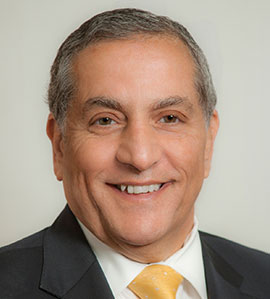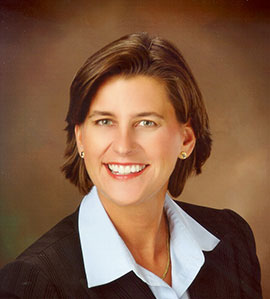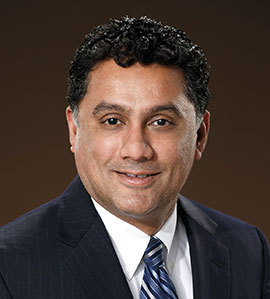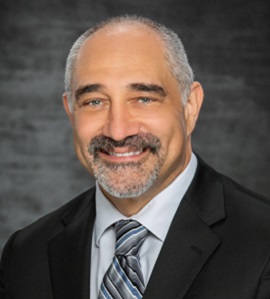One of the most important times in the life cycles of a condominium is immediately after the developer transitions control of the condominium to the co-owners. After the developer transitions control to the co-owners, many Associations require legal counsel to resolve issues relating to the following:
- Breach of fiduciary claims against the developer and/or its board appointees for violating their common law fiduciary duties and statutory duties
- Breach of express and implied warranties against the developer
- Claims against the developer arising from a failure to contribute its proportionate share of expenses as required by the Association documents
- Claims against the developer resulting from a failure to create and/or maintain a reserve fund
- Claims relating to undeveloped portions of a condominium that should have converted to common elements, but the developer continue to attempt to develop.
- Elimination of “need not be built” units
- Illegal expansion of a condominium
- Illegal contraction of a condominium
Associations also frequently need legal counsels to deal with issues relating to successor developers as well. A successor developer is a person or entity who acquires title to the lesser of 10 units or 75% of the units in a condominium. While there are some exceptions, generally speaking, a successor developer has an obligation to fulfill all of the express written contractual warranties of a developer and they must comply with the Michigan Condominium Act in the same manner as a developer prior to selling units.









